Award-winning cookbook author, TV chef and founder of The Spice Tailor, Anjum Anand reinvents classic Indian dishes to create healthy and flavourful meals for modern cooks. Born in London to first generation Indian immigrants, she started her culinary career in top-notch restaurants in New York and Los Angeles. I’m thrilled to talk to her about her love for Indian cooking and traditional Ayurvedic approach to healthy eating.
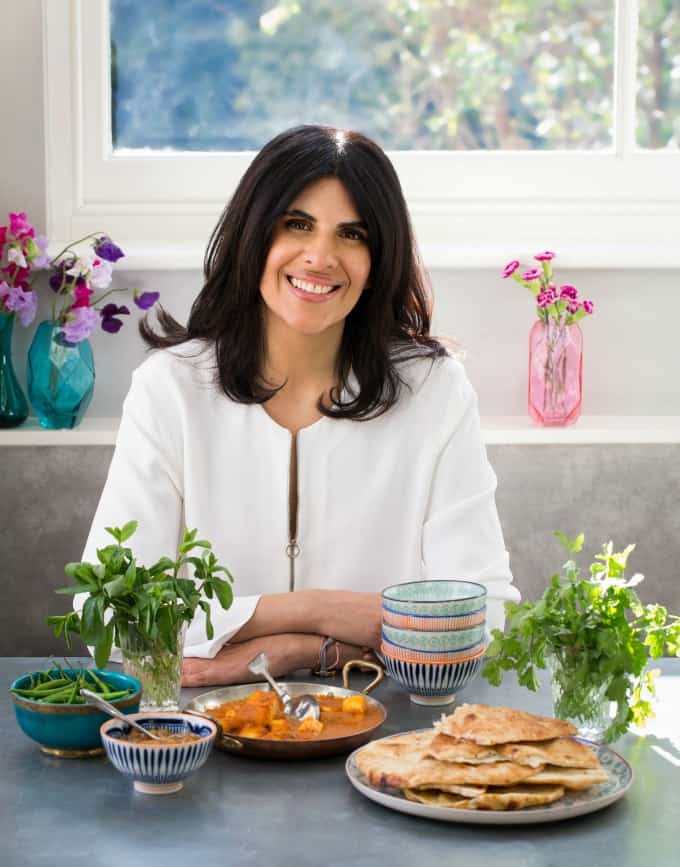
1.Tell us what inspired your culinary journey?
Looking back, I have always enjoyed cooking. I took cookery classes whenever I had the chance and I always volunteered to help my mother in the kitchen. Cooking as a career wasn’t really something my parents wanted for us. Indians, in general, wanted for their children (stereo-typically they wanted their children to have a well-paid and and if possible prestigious job (lawyer, accountant, doctor etc…). It was only in my twenties that I realised I loved cooking and wanted to do it as a career. I felt I would rather do something I love and earn less than do something I didn’t and live for the weekends.
My culinary journey then veered towards Indian food as I realised most non-Indians didn’t understand proper Indian food. The British love Indian food but saved it for special occasions. Indians eat it every day, it’s not a big blowout meal; it is healthy, nourishing and something we should eat without guilt. I wanted to bring real, regional Indian food to the West and maybe show it off a little!
2.You have been cooking for decades, how has the Indian culinary landscape changed over the years?
Around 20 years ago, Indian restaurants outside of India have been elevating the image of this cuisine and re-imagined the eating experience. As a result, many Indian restaurants gained Michelin stars. After that wave, there have been more street-food inspired restaurants that are more casual show-casing and are proving really popular, especially with younger customers.
In India, chefs have, over the last 10 years, become popular TV stars and the career is now seen as one that could be fun and have many angles to it rather than being constricted to cooking in a hotel kitchen (most of the best Indian chefs are trained by the hotels there and stay with them for 20 years or more). The food in India has always been delicious but now it is also becoming more interesting as chefs put their own stamps on traditional dishes or invent new ones.
Personally, I am at a place where I want to make Indian food really easy and incorporate it into our new busier, healthier lifestyles. So, making a tandoori mushroom salad with lots of textures and a mint yoghurt dressing is more interesting to me than writing about more traditional Indian menus.
3.I love the way you showcase modern Indian cuisine, who inspires your culinary masterpieces?
I don’t really aim for masterpieces, I mostly aim for easy to make, delicious Indian food. I don’t have someone who inspires me as such, I learn from all cooks. I am inspired more by food than people.
4.Indian food is so popular across the globe now, what are your tips and tricks for home cooks who want to recreate their favourite Indian dishes at home?
The best place to start is a good recipe and not one that is limited in words. When you read a recipe, ideally, it should tell you what to look for at the end of the cooking of each stage. Using time as a guide can be misleading as my heat might be higher than yours or I could be using a wider pan than yours which has more surface area.
The other tips are:
Cooking an onion well makes all the difference and cooking it well can take time. Onions need to be soft or they can remain a little harsh and you also don’t get their sweetness. Once they are soft, you can take the onion to golden brown or even dark brown depending what you are cooking them with.
Cooking spices properly in Indian food is vital. Whole spices should be cooked in hot oil as the first stage of a dish and cooked until they are aromatic, have darkened or puffed up (depending on the spice). Powdered spices burn easily so, if you aren’t confident, add them into a little water first and pour the slurry into the pan. The water cools the pan to stop them burning and then you cook the water out over a minute or so.
Last but not least it is important to season properly. Without enough salt, the dish will be lacklustre. Salt is a flavour conductor and without it they don’t come to life.
5.As an expert in traditional Ayurvedic approach to cooking, what are your best tips for a healthy eating plan?
According to Ayurveda our health is in our hands and is a function of what we eat, our lifestyle and how we think (stress, anger etc). Probably the most important thing to remember when it comes to food is the importance of digestion. If you are not digesting your food properly, you will in time, both, lack nutrients in your diet but more worryingly, accumulate toxins in your gut. These toxins build up and can cause all sorts of illnesses.
Cooked food is easier to digest than raw food. Raw food should only be eaten at lunch and ideally only in hot months. Eating small portions will help and not eating too many different things in one seating. Eat at the same times everyday as your body likes regularity. Sip warm water while eating to help digesting, cold water or too much water will hamper digestion.
Also, staying calm and sitting while you eat is vital.
6.How often do you cook at home and what do you make?
I must cook 5 times a week but it can range from avocado toast and a salad for lunch to a proper Mexican meal and of course, lots of Indian!
7.What’s your favourite Indian dish and why?
My favourite dishes are those I am sentimental about. My mother’s side of the family was vegetarian and everytime I would visit my aunt, they would make my favourite vegetarian curry with gram-flour dumplings (gatta curry); so delicious with rice. My father is a big meat-eater and one of our favourite dishes was a biryani; I remain very excited by good ones!
8.When is your next visit to Australia? Tell us about it.
I am supposed to be there this month. At this point I’m not really sure to be honest. Hopefully soon!
Here's an amazing recipe from Anjum that you can easily recreate at home with The Spice Tailor Tandoori Marinade Kit
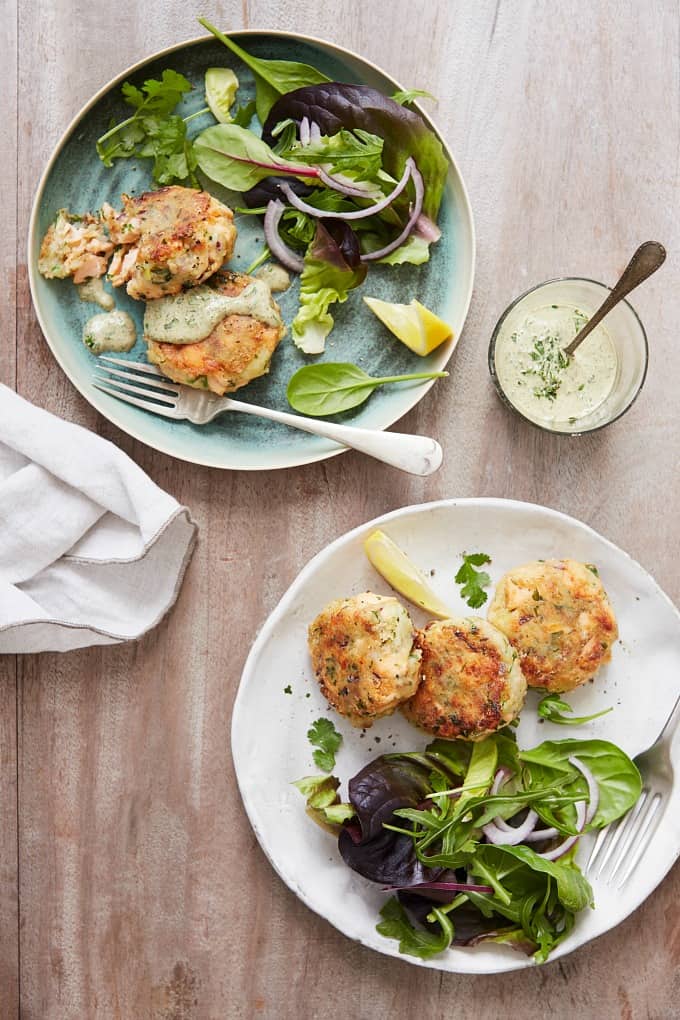
Tandoori Salmon Cakes
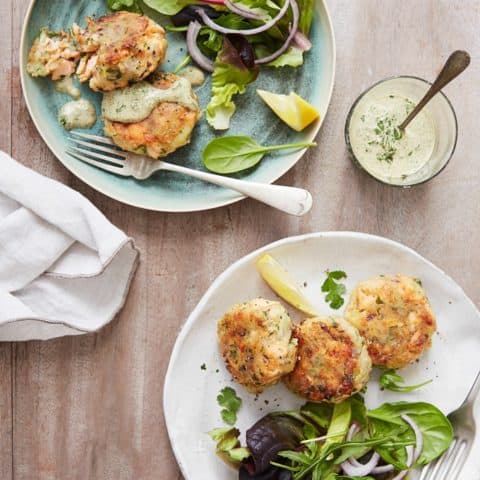
Salmon fish cakes are so delicious and when you add a tandoori twist to them, it just gets elevated and pleases more seasoned palates. Perfect as a meal with a salad or even as a burger. A really versatile recipe and a real crowd pleaser.
Ingredients
- 1 pack of The Spice Tailor Classic or Spicy Tandoori Marinade Kit
- 2 (around 270 g) salmon fillets, cut into half, horizontally (for more surface
- area)
- 240 g floury potatoes, boiled or microwaved until soft and roughly mashed
- 1 tbs mayonnaise plus 11/2 tbs extra for the dipping sauce
- 2 tbs. dried breadcrumbs
- Small fistful finely chopped coriander, plus a little extra for the dipping sauce
- 3 tbs. finely chopped red onion
- 2 tsp. ginger, grated or finely chopped
- 1-2 tbs. vegetable oil for cooking
Instructions
- Marinate the salmon in the tandoori paste from the pouch while you preheat
the grill. - Lay the salmon on a lightly greased or foil-covered baking tray.
- Place under a preheated hot grill on the top shelf and grill for 3-4 minutes until
charred and cooked. Once done, sprinkle over some of the tandoori
seasoning from the sachet and set aside to cool. - In a large bowl, add the potatoes, onion, coriander, ginger, crumbs, 1 tbs.
mayo and then flake in the fish. Mix really well, taste and adjust seasoning
(you can add more of the tandoori seasoning instead of some of the salt) and
form into 8 cakes. - Heat the oil in a large non-stick frying pan and add the cakes. Cook over a
low-medium heat until golden on both sides, around 3 minutes on each side.
Drain on kitchen roll. - Mix the remaining mayonnaise with the mint chutni from the little pouch and
the extra fresh chopped coriander. Serve with the salmon cakes.
Nutrition Information
Yield
10Serving Size
1Amount Per Serving Calories 135Total Fat 9gSaturated Fat 1gTrans Fat 0gUnsaturated Fat 8gCholesterol 1mgSodium 634mgCarbohydrates 11gFiber 1gSugar 3gProtein 2g
Images: Courtesy of Anjum Anand

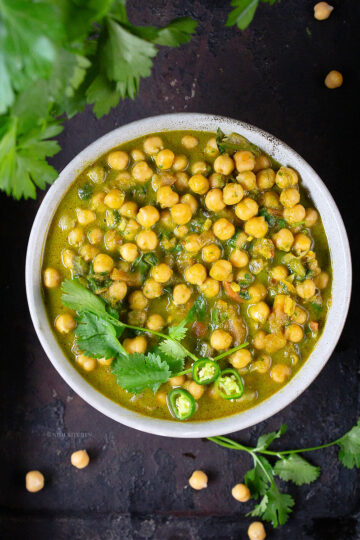
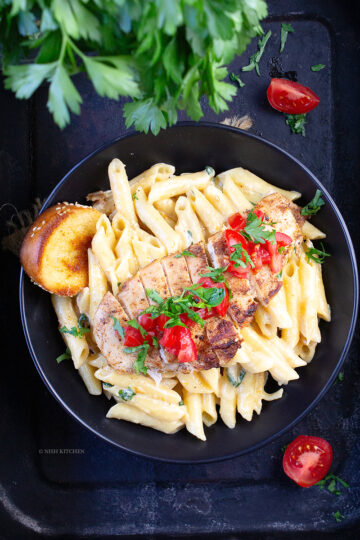
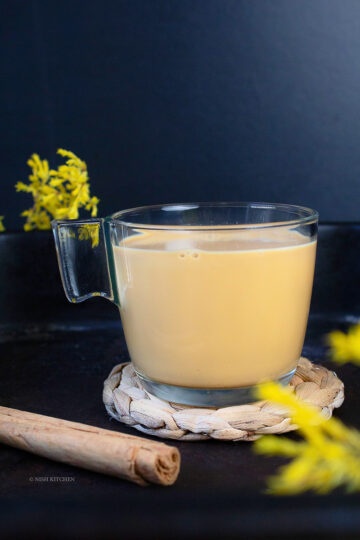
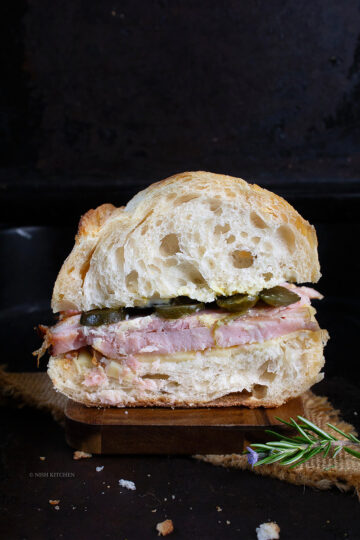
Leave a Reply